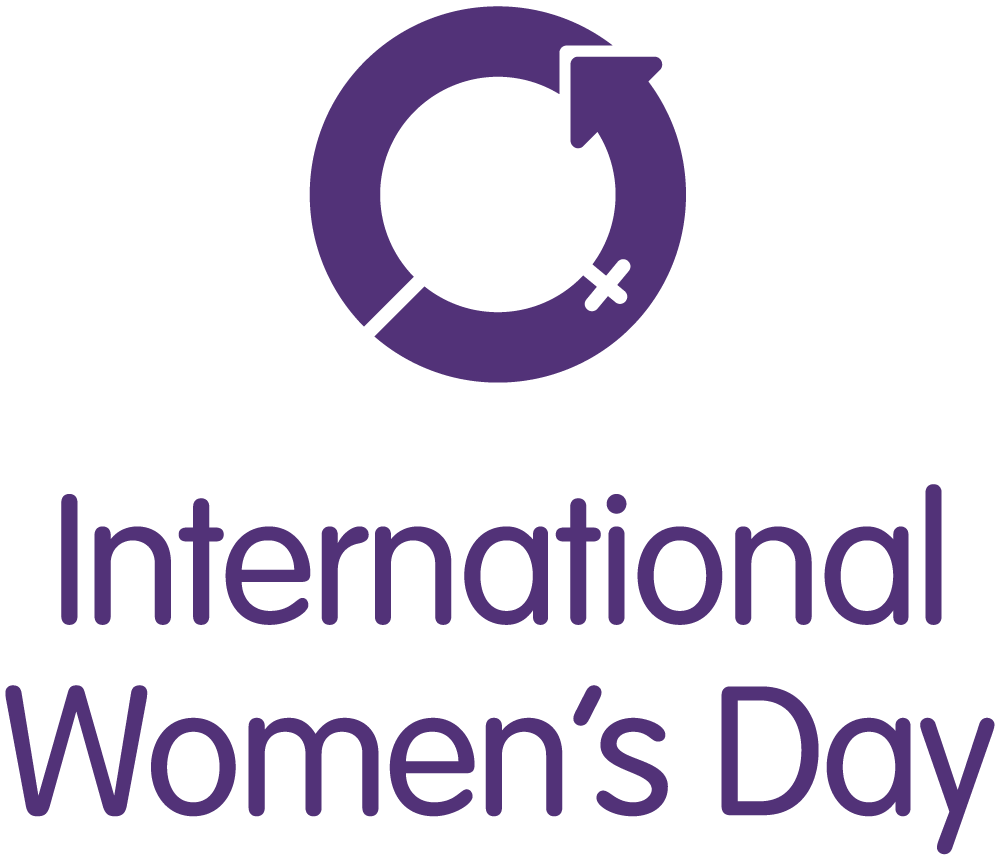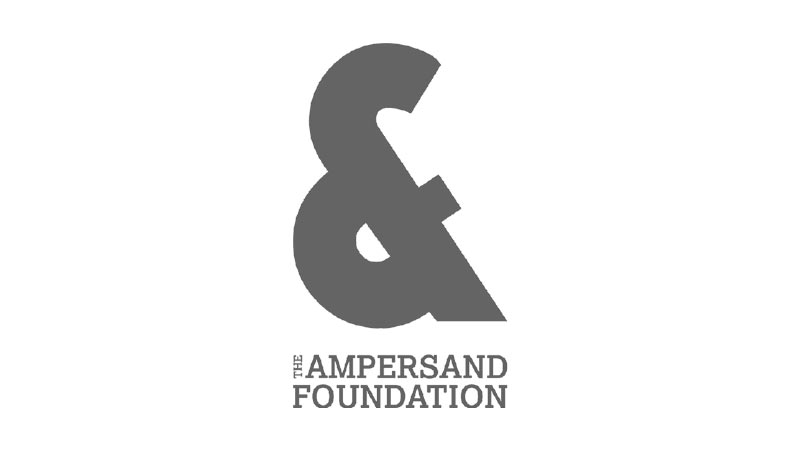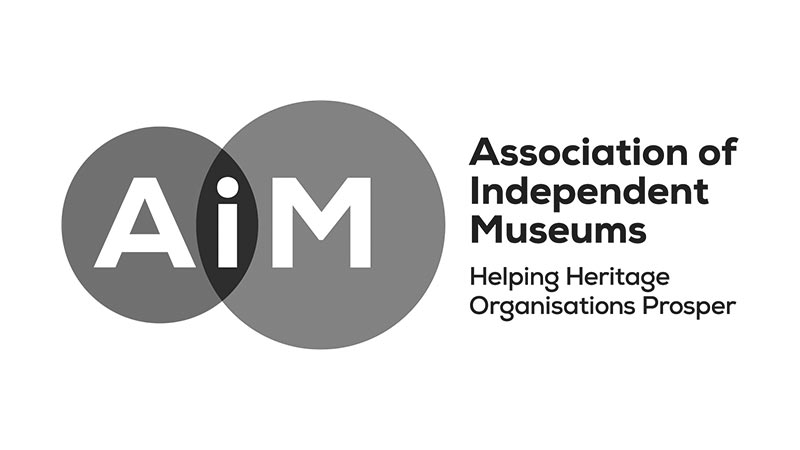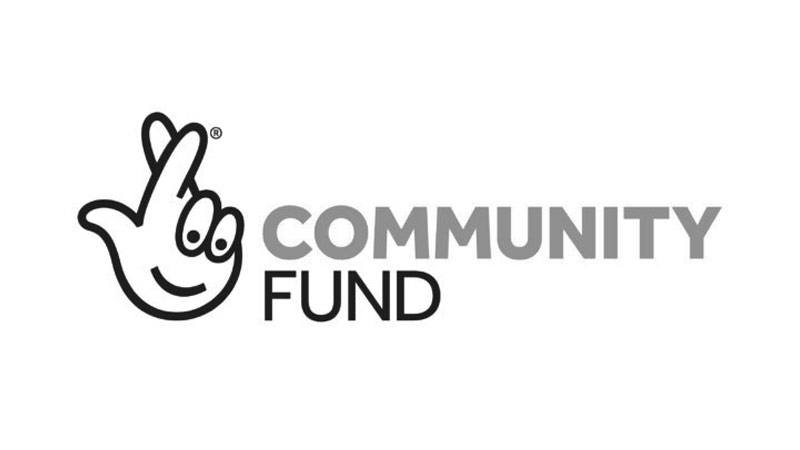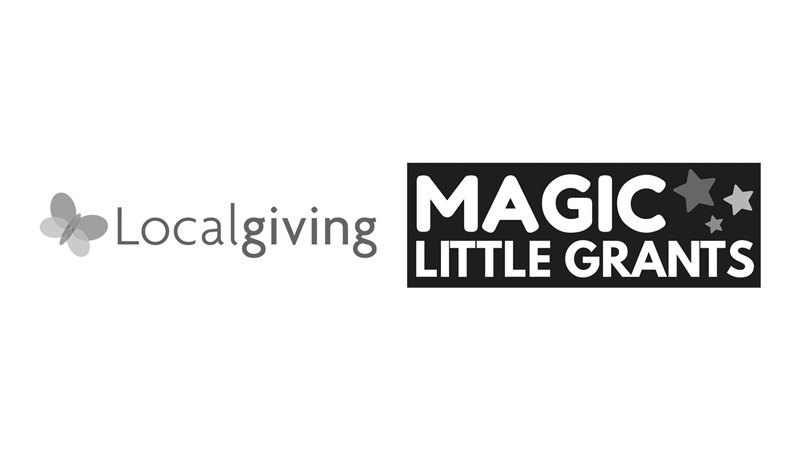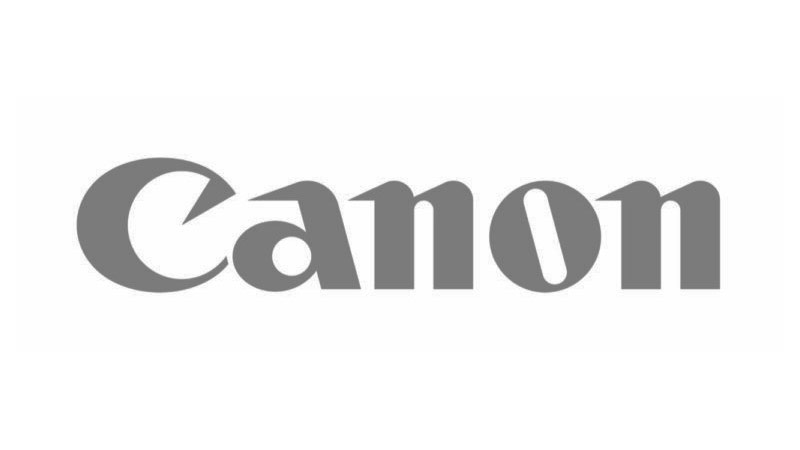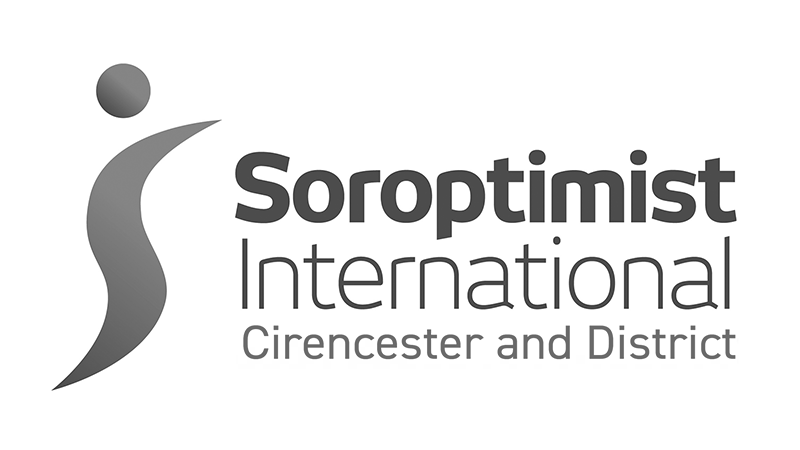International Women’s Day is a global celebration taking place on the 8th March every year since 1911. It is a fundamentally important event that encourages us to collectively recognise women’s rights and achievements. Each year, International Women’s Day has a different theme, this year’s being #ChooseToChallenge.
At Hundred Heroines, we have chosen seven photographers who choose to challenge our perceptions, biases and prejudices in society. From Wendy Red Star’s challenge of colonial history, to Ellen Carey’s challenge of the photographic medium, we hope that you will be inspired to challenge societal biases and inequalities yourselves. We aim to create meaningful change by raising awareness against bias and celebrating some fantastic photographers. At Hundred Heroines, this is something that we do all year round. We champion women every day, now we encourage you to do the same.
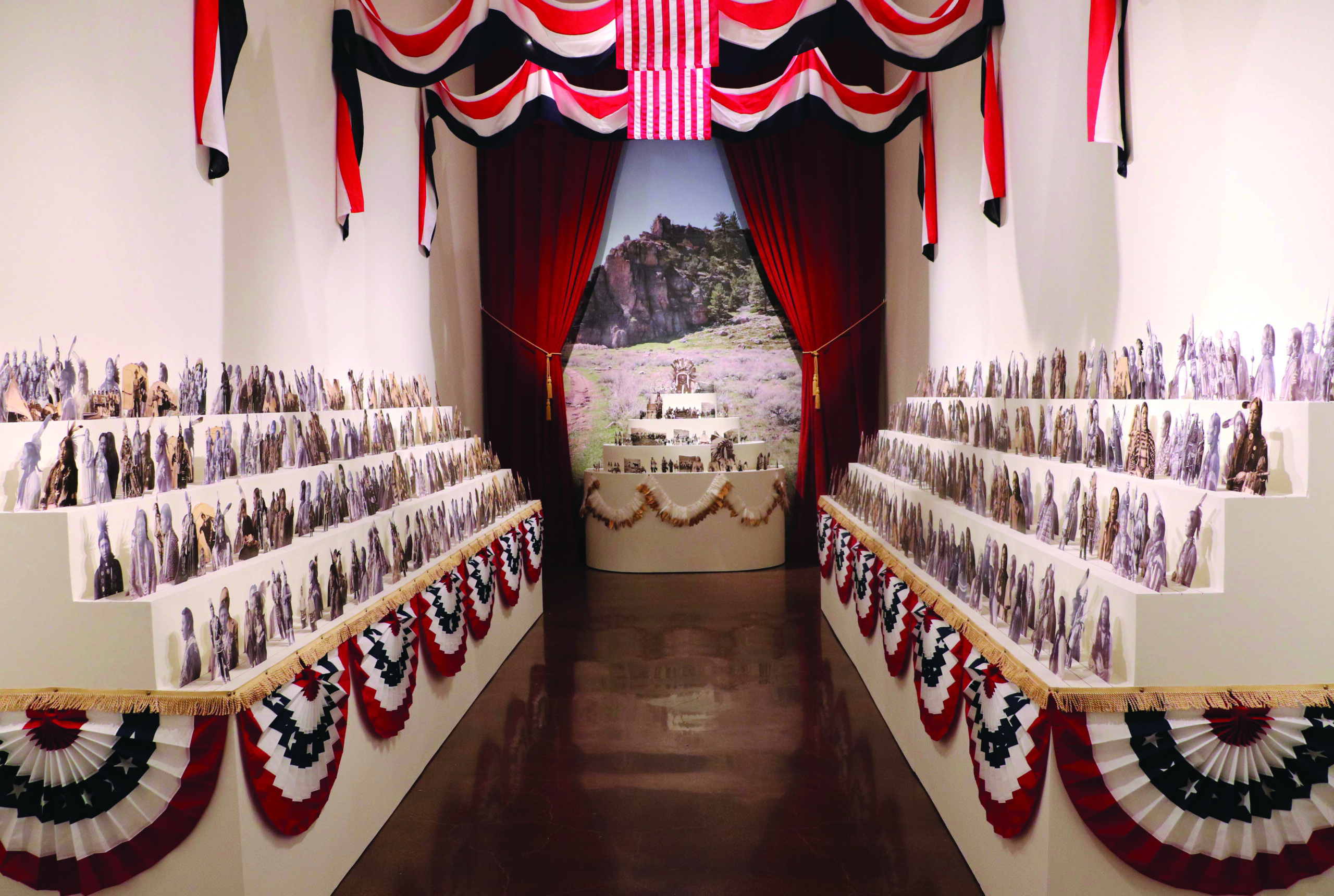
Wendy Red Star (Apsáalooke, born 1981), The Indian Congress, 2021, mixed media installation. Photo: Peter Fankhauser
Wendy Red Star
Contemporary multimedia artist, Wendy Red Star, uses photography to challenge the dominant narrative of American history by inserting Indigenous identity into the historical canon. Her photography is informed by Wendy’s cultural heritage and experiences growing up on the Apsáalooke (Crow) reservation in Montana. In 1880 Crow Peace Delegation, Wendy annotated historical portraits to challenge colonial depictions of Indigenous people. In her recent exhibition at the Josyln Art Museum of Omaha, Wendy also decolonised historical images. She engages with the archive to honour and reclaim the diversity of the Indigenous experience in American history.
Anna Fox
Acclaimed British photographer, Anna Fox, is notable for Pictures of Linda, a three-decade long project featuring punk musician Linda Lunus. With this photographic oeuvre, Anna hopes to challenge myths and conventions around representation of women. When discussing her muse, Linda, she says everything she did questioned the representation of women in rural life. Linda walked around in the same costumes that she wore in the pictures. She was brave and anarchic and didn’t care what people thought.
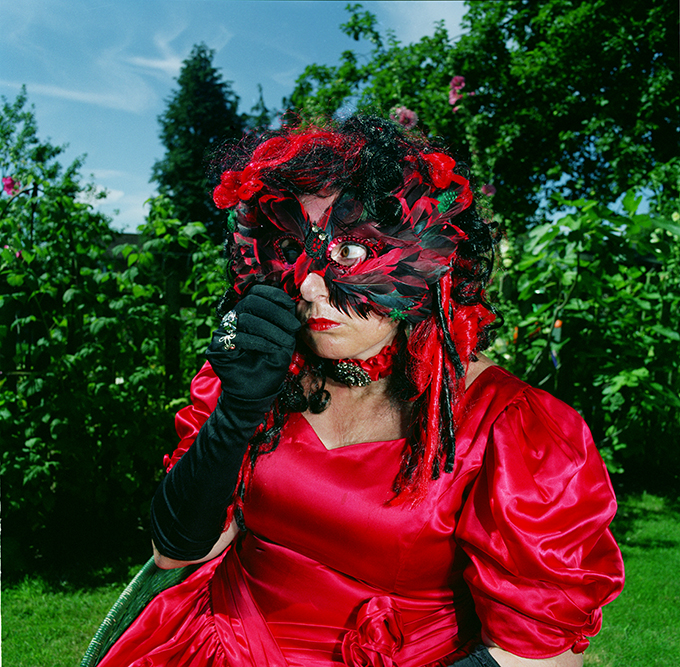
Linda in the Green Garden, 2011 from the series Pictures of Linda © Anna Fox & Linda Lunus, courtesy James Hyman Gallery, London
Ellen Carey
Influenced by her engagement with Abstract Expressionism, contemporary American photographer, Ellen Carey, uses abstract photography techniques and bold colours to challenge our perceptions of what photography can achieve. For instance, Struck by Light explored the dichotomy between materiality and immateriality in photography. Ellen created zerograms without a camera to unhinge the traditional notion of the photogram. As Ellen herself stated, her photographs “challenge our cultural and historically prescribed expectations of this medium to narrate and document, all the while revealing no trace of its own origins”.
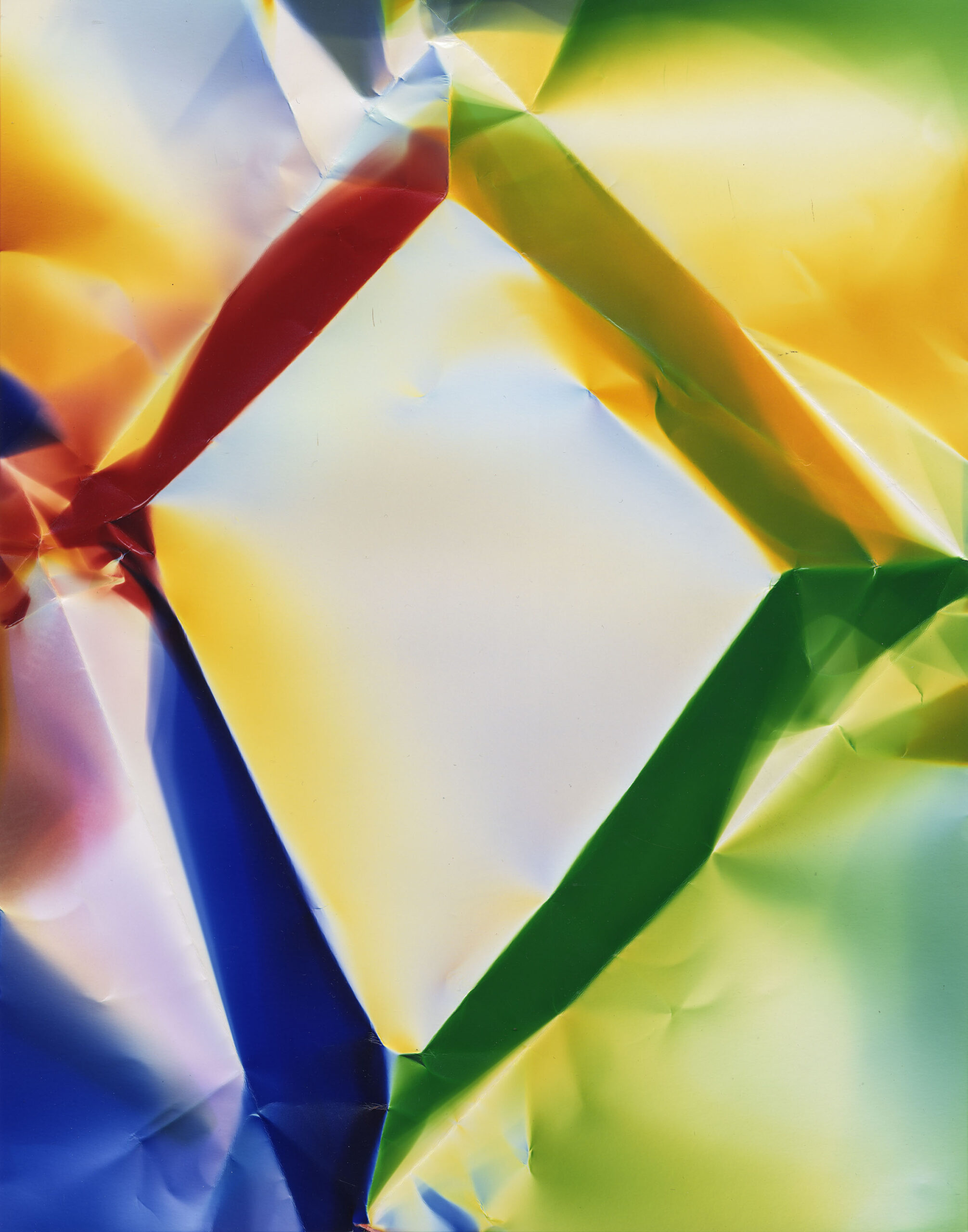
Zerogram 0016, 2019 © Ellen Carey
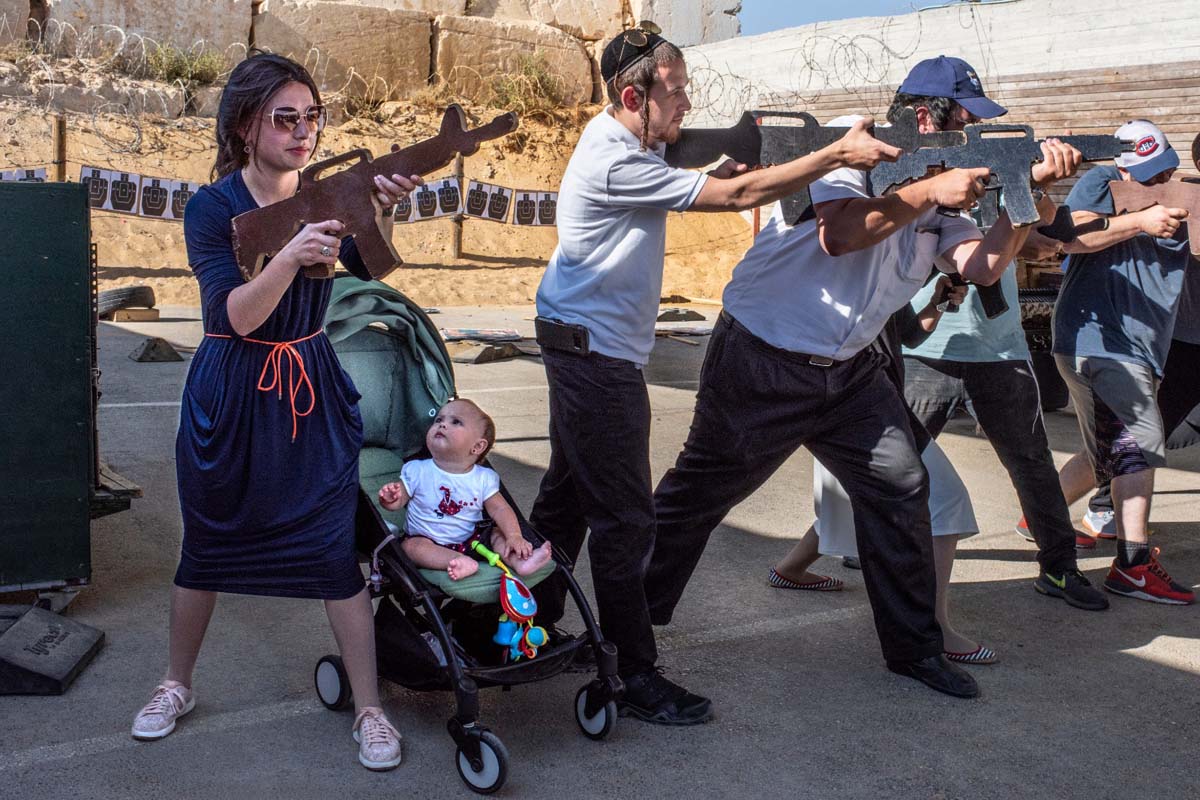
“Counter-terrorism” training for sport and tourism is on rise. From Sacred Space Oddity © Tanya Habjouqa. Courtesy of the artist and NOOR
Tanya Habjouqa
Jordanian photojournalist, Tanya Habjouqa, is reputed for creating documentaries that fuse politics, the implications of geopolitical conflict on human lives and creative vision into the same frame. Tanya’s work on Israel-Palestine in particular has been cited as a powerful investigation of the cross-currents of religion, politics, economics, and cultural production.
Her project The Sacred Space Oddity counters the reductive media representation of Israel-Palestine conflicts, by challenging us to have an empathetic view and accept that two contradictory and hostile realities can exist at once.
I seek to challenge the simplifying mythologies that emerge in regions of conflict, both about “the other side” and which populations tell themselves about who they are and who they seek to be.
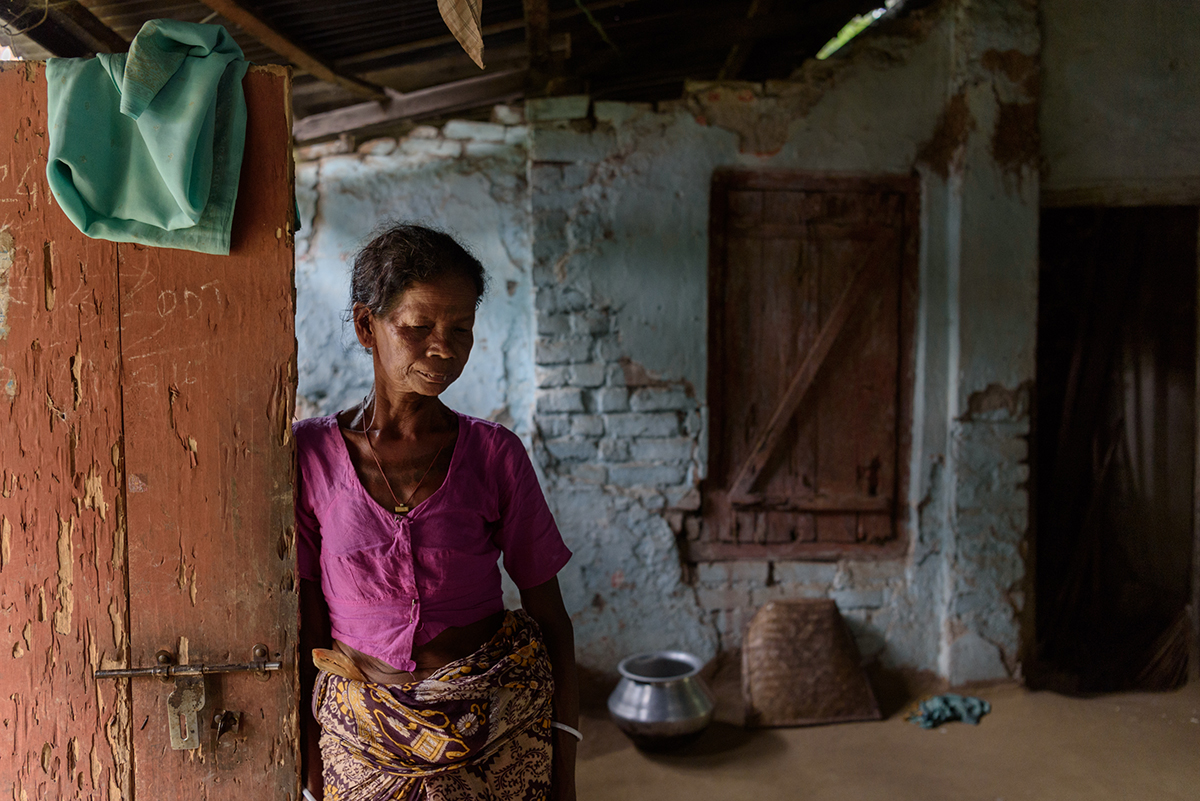
Sanchariya Oraon, 42, at her home in Matelli, West Bengal, India. Sanchariya’s daughter Asha, 16, has been missing since 2011 when an acquaintance took her to the neighbouring state of Sikkim to work as a maid at a tourist lodge. Since then there has been no information about her daughter’s whereabouts. © Smita Sharma
Smita Sharma
Indian photojournalist and visual story teller, Smita Sharma focuses on social issues, gender and human rights. Through her photographic projects Stolen Lives: The Harrowing Story of Two Girls Sold into Sexual Slavery and Not My Shame, she challenges our perceptions ‘victims’ of sexual violence. Her work reframes the narrative around such stories, which is primarily fact-based and does little to look at the person in the aftermath of the crime. Through her work, she challenges us to look at these girls and women as ‘human beings’ and not just a statistic.
Jane Hilton
British documentary photographer and filmmaker, Jane Hilton, utilises documentary photography to challenge our perceptions of American law and cultural practices. She documents legal realities that are morally ambiguous to challenge our perceptions of what is right or wrong. Her documentary Love for Sale followed the lives of Nevada prostitutes to explore prejudices towards legalised prostitution. She has also challenged our perceptions of other parts of the globe. In The Last Lion Tamers, Jane confront our perceptions of lion taming in the UK. Jane contrasts the commendable treatment of the animals with the harsh realities of money problems, media hostility and licensing issues.

Peter Jolly & Samantha Fox, From The Last Lion Tamers © Jane Hilton
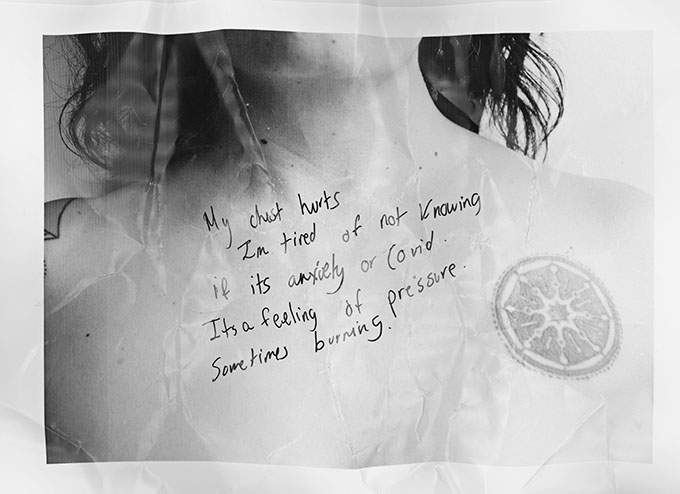
Paola Paredes, 2020. From the series Today is Hard. © Paola Paredes, courtesy the artist.
Paola Paredes
On March 8, International Women’s Day, Hundred Heroines is launching our first solo virtual gallery featuring the work of Ecuadorian photographer, Paola Paredes. Displaying the work from her Today is Hard series, the work documents her challenging physical and psychological experience after testing positive for Covid-19. Through this work she challenges the stigma surrounding mental health and illness. Paola’s series Until You Change, has also continued to challenge the treatment of homosexuals and transexuals in Ecuador. In Ecuador, there are approximately 200 facilities for ‘curing’ homosexuals and transexuals. Disguised as treatment facilities for addicts, people are imprisoned against their will and tortured.
By Shyama Laxman and Venetia Jolly
